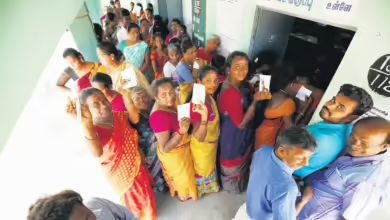Bail requirements: live location; SC requests Google’s help
Does it contradict an accused person’s right to privacy, which the Supreme Court deemed to be a basic right in 2017 if bail is granted only after the accused person shares their geolocation data?

In response to this query, Google India was sent notice by the Supreme Court requesting an explanation from the company about the operation of its PIN location-sharing feature on Google Maps.
“The aforementioned corporation will submit an affidavit and all required documentation outlining how Google PIN works in order to place a condition on the bail order. Frank Vitus, a Nigerian citizen, requested bail on Friday, and a bench chaired by Justice AS Oka addressed his request. The question at hand is whether or not such a stipulation violates his right to privacy.
The issue will be heard again in April. “We make it clear that we are not impleading Google India Private Limited as a party respondent,” the statement said. Vitus, an accused in a narcotics case, has appealed the Delhi High Court’s 2022 judgment compelling him to provide the investigating officer with their position via a PIN on Google Maps in order to be granted temporary relief. Another co-accused was placed under a similar requirement.
The defendants were ordered by the Delhi High Court to get a guarantee from the Nigerian High Commission in New Delhi that they would stay in India and would show up in court.
But the Supreme Court said, “We believe that, prima facie, no embassy will be able to provide such an assurance, so we cannot impose such an onerous condition.” Thus, we order that the petitioner be released on pretrial bail under the terms and conditions included in the contested decision, with the exception of the need to enter a PIN on a Google map and get confirmation from the Nigerian High Commission.







